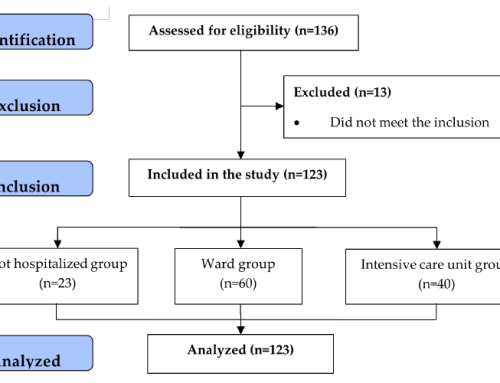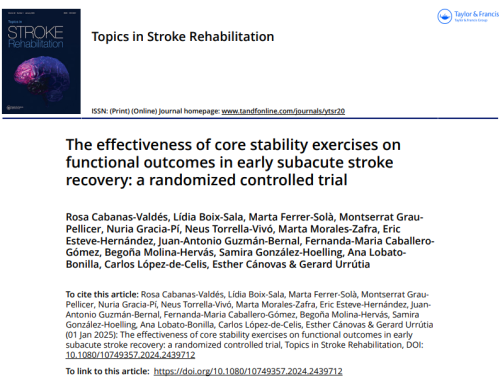ARTICLE. Dudet Calvo ME. Rev Esp Nutr Com 2013; 19(1): 20-28.
Abstract.
Background: Malnutrition is a frequent health problem in nursing homes, mainly due to inadequate food intake. Objectives: To assess and compare the nutritional quality of meals served and dietary intake in a nursing home. Methods: A cross-sectional study was performed in 36 elderly institutionalized in a nursing home. Meals served and dietary intake were quantified by means of a three day weighed record. Nutritional status was assessed with the Mini Nutritional Assessment (MNA); cognitive function with the Mini Mental State Examination by Lobo (MEC); and emotional state with the Geriatric Depression Scale of Yesavage (GDS). Results: Food intake was significantly lower than that served, and both were inadequate in polyunsaturated and monounsaturated fatty acids, (alpha)-linolenic acid, docosahexaenoic acid (DHA), fibre, folate, vitamins B6, D and E, calcium, magnesium, iron, zinc, iodine, copper and potassium. The content of selenium on meals offered was in agreement with recommendations, but intake was below recommended levels. The content of cholesterol and saturated fatty acids in meals served were excessive, and although the intake of saturated fatty acids remained excessive, cholesterol intake was adjusted to the recommendations. Conclusions: Supply and dietary intake were unbalanced and deficient, and intake was significantly lower than the offer.












Leave a Reply